
“so many people condemn me for risk taking, but I find it sort of hypocritical because everybody takes risks. even the absence of activity could be viewed as a risk.” — Honnold
“to do something great you must risk your life." — rz paraphrasing Honnold
Thal once wrote me:
now that i've been not/barely working for 1+ years, i've realized that not working doesn't magically bring happiness, and that having some work (here work can be construed broadly, to include unpaid projects) is better than having no work, which makes the financial constraints part a little less scary.
[…]
i wonder how i can get so little [else] done here, given that i work less than 1 hour a day on average ...
his observation resonated with me. it captures a tension i had felt before and i had been pondering at the time. here’s ten things i’ve gathered since:
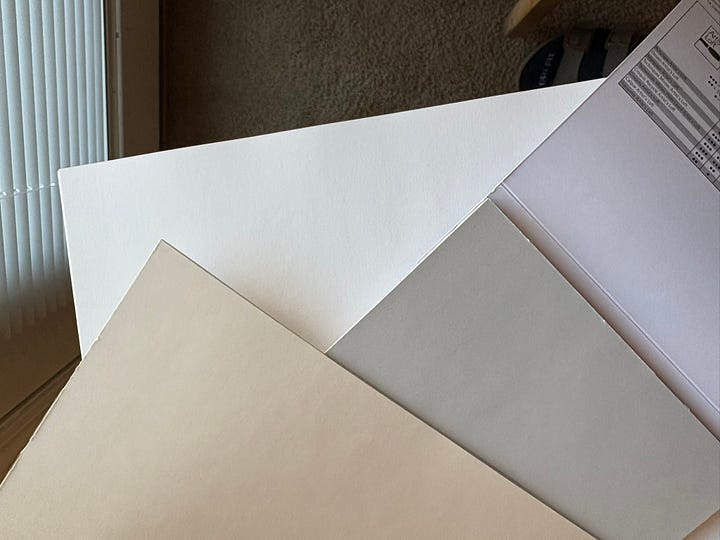
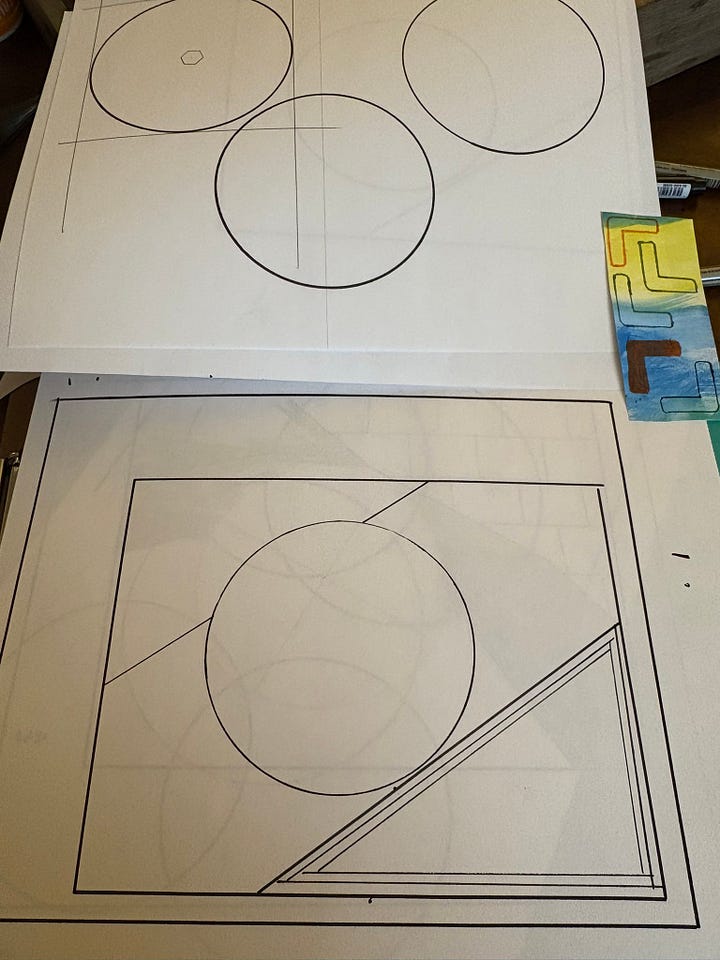
curiosity is the first virtue.
a lot of confusion arises from conflating two meanings of ‘work’. first, there are things done without wanting to — some with compensation (eg writing boring code) and some without (eg laundry). second, there is creative work: bringing new things into existence, for the benefit of humanity. creative work often has a connotation of 'art', but it’s not limited to that. any generative activity that contributes value to others counts.
one of the most important aspects of creative work is that you must truly invest yourself for it to ‘do the trick’ for your psyche. to do something great you must risk your life. i don't mean that all great things are dangerous, but rather, that you are risking in the ~financial sense — committing resources that might be lost, especially time. this idea can be scaled: 'great' can be replaced by 'good' and 'life' by ‘some fraction of life’. to do something good you must risk some fraction of your life. that's more accurate, but not as catchy.
your utility is contained in that of humanity, so doing things that are good for you is worthwhile. the trap is that what feels good often isn’t what is good (extreme example: meth, less extreme: overindulging on casual sex or sugary snacks). spiritual pursuits in domains with little bullshit bring the most benefit. what makes them spiritual isn't the nature of the pursuit, but your relationship to it: caring about your excellence for its own sake. if you are lucky, they also become creative in the sense described earlier.
a major flaw in extreme-frugality approaches to financial independence is that they lead to defining success as minimizing one’s consumption footprint, rather than as creating positive impact. you become the smallest negative possible, not a positive. since financial and creative lives are tightly bound, a philosophy that focuses on minimizing consumption while leaving purpose as an exercise to the reader isn’t merely incomplete, it’s misleading.
feeling “i don't have ambition" or "i don't want to do anything" is common. i think it generally means that you’re not sufficiently exposed to genuinely new, genuinely interesting things — others might say you’re uninspired. the most effective antidote i know is to consume more art. i won't bother trying to define art, it can be comic books, paintings, symphonies, songs, novels, stories…you name it. what’s crucial is trying to really understand what goes on in each piece ie really-really engage with it, try to get in the creator’s mind, and don’t bother with the question of whether you like it.
focusing solely on your wants/needs is a mental habit, just as focusing on the greater social good is. you’re human, and humans are social creatures — it’s fundamentally difficult to operate your biological machinery while fixating exclusively on personal desires. our very nature inherently connects us to something larger, maybe the tribe, but maybe even larger still.
psychedelics are a cheat-code for introspection about purpose and relatively safe when used deliberately & responsibly.
you’re always getting stuff done — seeing what you are actually doing is a matter of proper accounting. for example, while you haven't been replying to some emails or writing code, you might be learning quite a bit about yourself in ways that aren’t immediately visible. the personal growth is valuable, in the sense from 3., but you could also turn the knowledge into social good.
a family is one of the ‘easiest’ contributions to humanity that extends beyond yourself. it is net-positive when done well. ‘easy’ in quotes because it certainly isn’t simple and it’ll be hard work, but we are wired to reproduce, so i think that in the end that is easier than eg finding self-actualization in a career whose primary motivation is monetary.
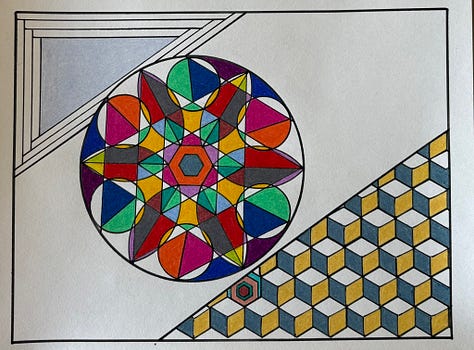
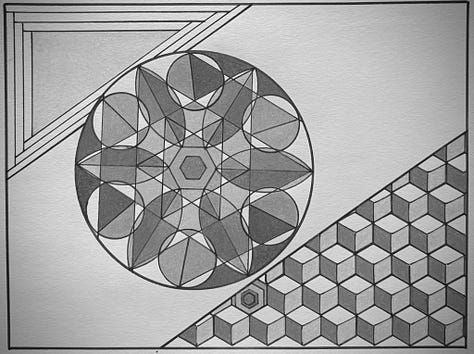
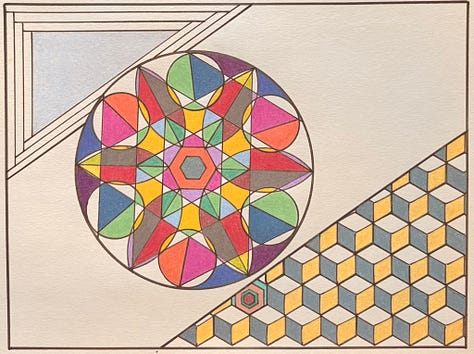
or, to put it differently, the tension in work isn’t about money or time or productivity, it’s about purpose.
“the hardest question in life is ‘what do you want?’, the second hardest is ‘why?’” — rz.

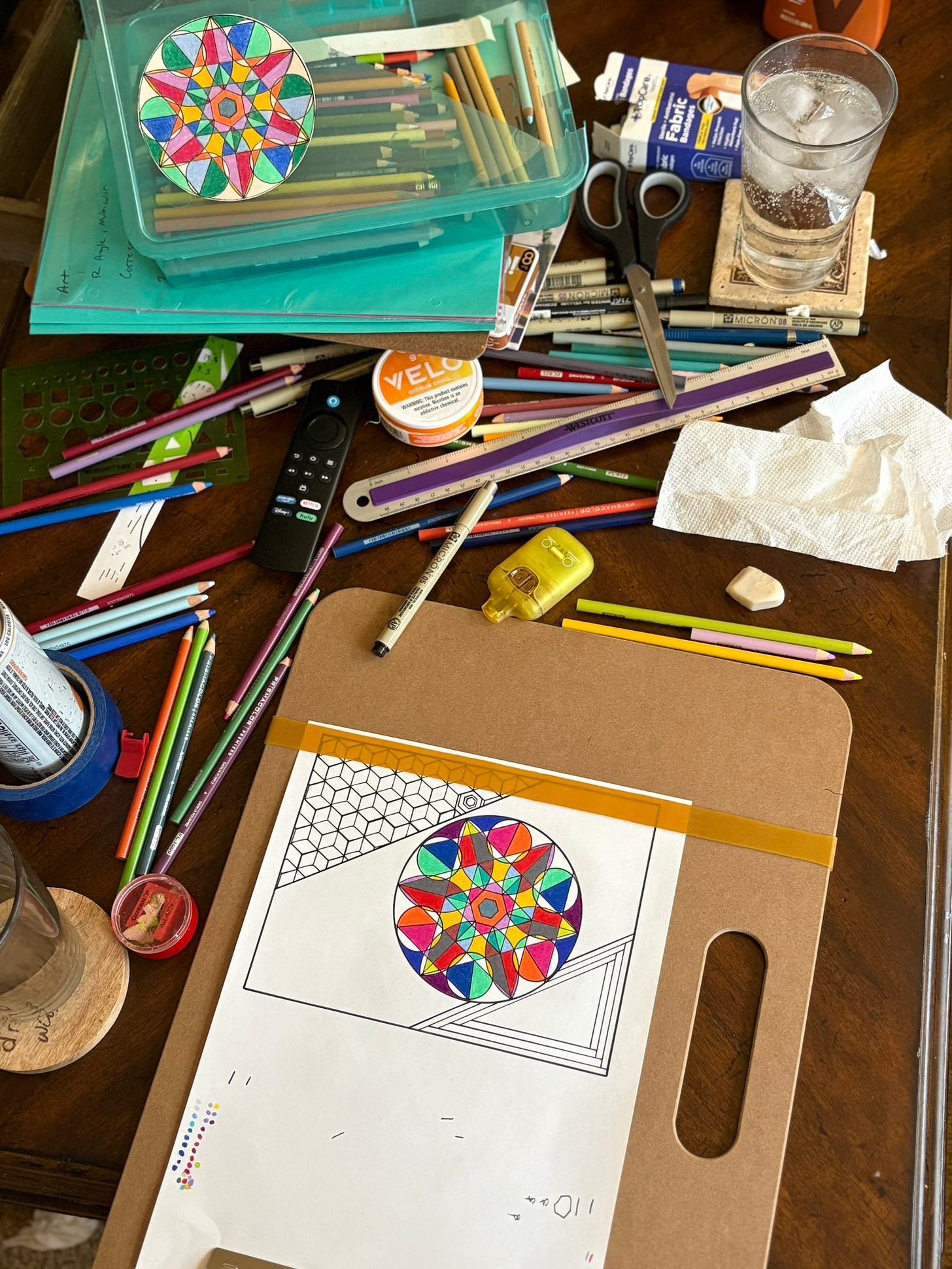
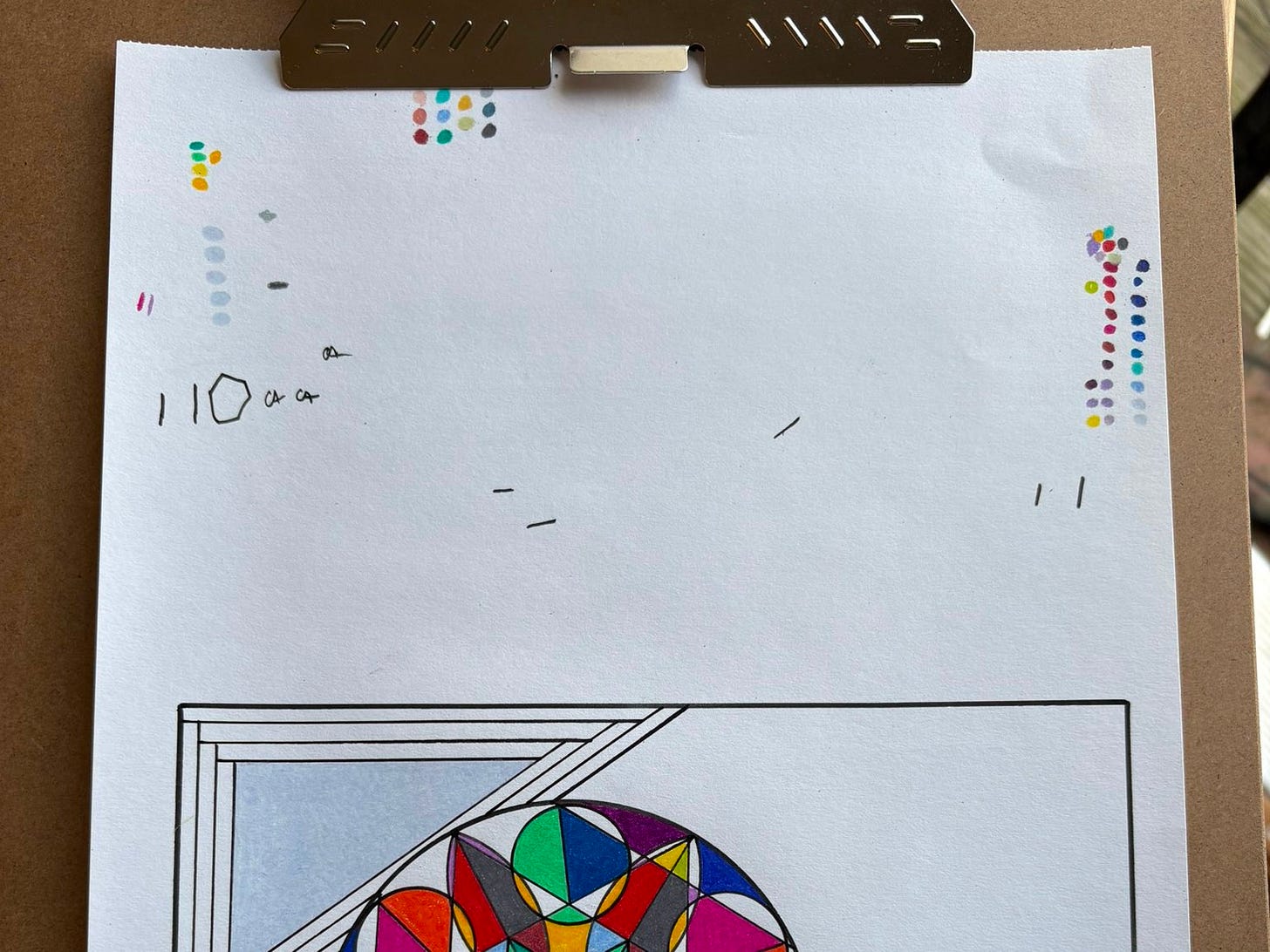
It feels like you're drawing a map of Work by pointing out example mountains (family, spiritual pursuits, your own utility, complex as that may be), promising pathways (be curious, invest yourself, consume art, use psychedelics) and danger zones (too much frugality). It would be interesting to see this information organized visually to show the relationships between the ideas.